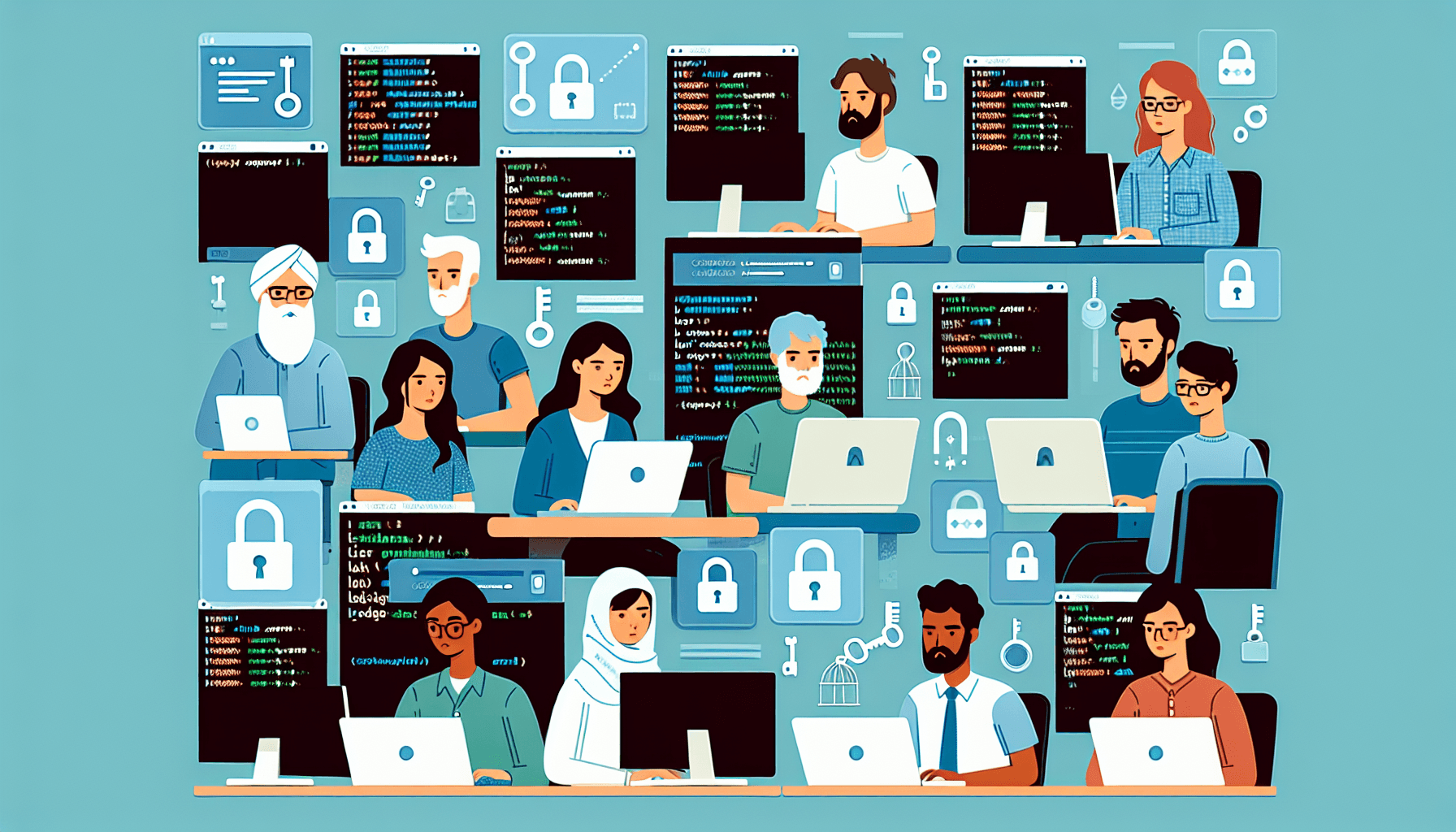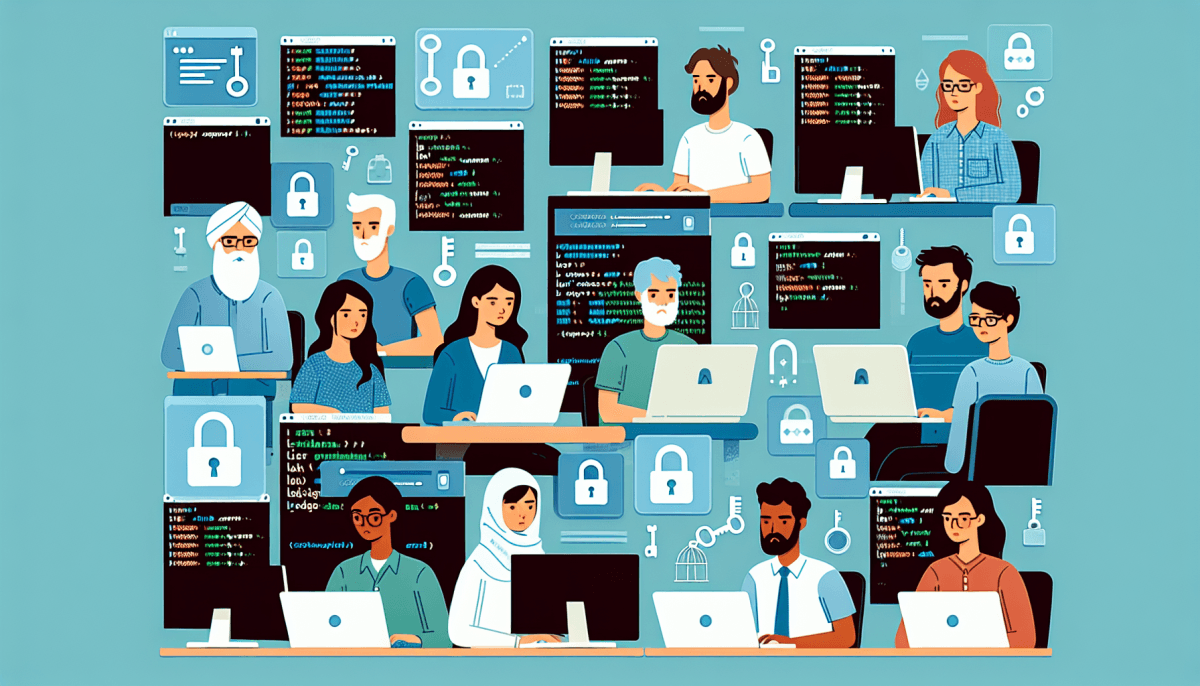
Unlocking Remote Software Developers
The demand for skilled software developers continues to rise in 2025. As businesses strive to keep pace with technological advancements, many are opting for remote software developers. This approach offers flexibility, access to a global talent pool, and cost-effectiveness. However, hiring and managing remote developers can pose challenges. Here’s a guide to understanding the advantages and best practices for leveraging remote teams.
Advantages of Hiring Remote Developers
Access to Global Talent
One of the most significant benefits of hiring remote software developers is accessing a diverse pool of global talent. By going remote, companies are not limited by geographical boundaries and can tap into highly skilled professionals worldwide. This diversity often leads to innovative solutions and varied perspectives.
Cost-Effective Solutions
Hiring remote developers can significantly reduce overhead costs. Businesses save on office space, equipment, and other in-house expenses. Moreover, labor costs vary across regions, allowing companies to hire top-notch talent at competitive rates.
Increased Flexibility
Remote developers provide flexibility in scaling your team up or down based on project requirements. This adaptability ensures that businesses remain agile and can efficiently manage workload peaks and troughs without long-term commitments.
How to Hire Remote Developers Effectively
Define Your Needs Clearly
Start by clearly defining your project requirements and desired skills. A well-detailed job description will attract suitable candidates and set clear expectations, thereby streamlining the hiring process.
Utilize Reliable Platforms
Engage with reputable staffing companies like MyTeamAbroad that specialize in remote team augmentation. They provide vetted, skilled developers aligned with your company’s goals and project needs, ensuring quality and reliability.
Assess the Cultural Fit
Cultural fit is crucial for maintaining a harmonious remote work environment. During interviews, consider an applicant’s communication skills, work style, and adaptability to see how well they align with your company culture.
Tips for Managing Remote Developers
Leverage Technology
Efficient management of remote teams relies heavily on technology. Adopt collaboration tools like Slack, Zoom, and Trello to streamline communication and project management. These platforms help maintain transparency and ensure everyone is on the same page.
Set Clear Objectives
Establish clear goals and deadlines from the outset. Providing structured guidelines about expected deliverables and timelines can significantly enhance productivity and accountability among remote developers.
Foster a Collaborative Culture
Nurturing a collaborative work culture is essential. Encourage regular team meetings, virtual brainstorming sessions, and social activities to build a sense of community. This fosters trust and strengthens team dynamics.
Provide Continuous Feedback
Regular feedback helps remote developers understand their performance and areas for improvement. Constructive feedback and recognition of achievements contribute to maintaining high motivation levels and work quality.
The Role of Companies Like MyTeamAbroad
Partnering with organizations like MyTeamAbroad can be a game-changer in successfully hiring and managing remote developers. They offer not only a wide pool of vetted global talent but also support in administrative tasks, payroll management, and compliance with international labor laws. This allows companies to focus on their core business activities while ensuring their remote teams are well-managed and productive.
Conclusion
Embracing remote software developers is an advantageous strategy for companies looking to thrive in the digital era of 2025. By understanding the benefits, implementing effective hiring practices, and leveraging expert guidance from companies like MyTeamAbroad, businesses can build dynamic, innovative, and efficient remote teams. Stay ahead by tapping into the global talent pool and unlocking the power of remote collaboration.














